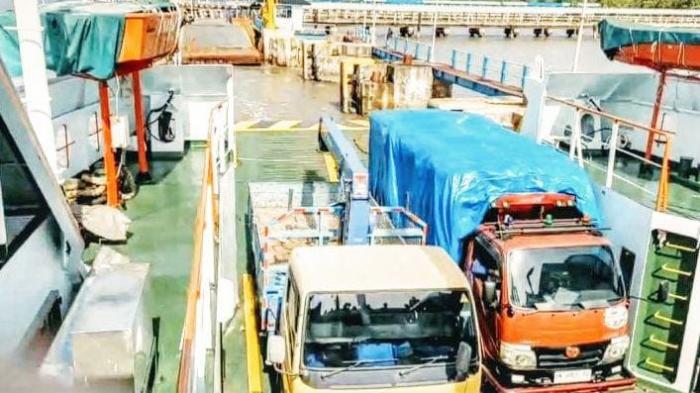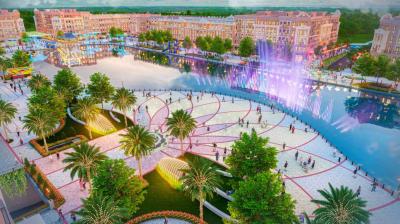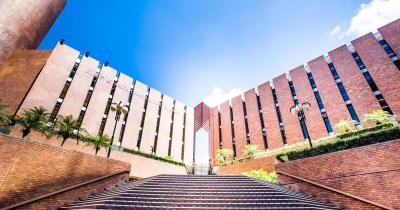RGE Provides Second Annual Update on USD200 Million Commitment in Next-Generation Textile Fibre Innovation and Technology
Administrator Sabtu, 20 November 2021 14:12 WIB
SINGAPORE - 19 November 2021 - RGE group of resources-based companies has released its 2021 progress report on its commitment to invest USD200 million in next-generation textile fibre innovation and technology over a ten-year period which started in 2019.
The annual report provides an update on the activities undertaken by RGE's business groups (Sateri, APR, APRIL, Bracell) involved in the fashion value chain to advance its ambition towards closed-loop, circular and climate-positive cellulosic fibre.
Bey Soo Khiang, Vice Chairman, RGE said, "Our achievements this year underscore our commitment to continuous improvement in clean production and resource utilisation efficiency. We will continue to pursue manufacturing excellence and invest in best-in-class technologies for all our facilities as part of our commitment towards closed-loop and cleaner production."
In 2021, Sateri achieved full compliance with the emission limits set out in the European Union Best Available Techniques Reference Document (EU-BAT BREF) for all of its five viscose mills in China, two years ahead of schedule. Bracell completed construction of the world's largest and greenest new generation pulp mill in São Paulo which uses cutting-edge technology for fossil fuel-free generation.
Amid the COVID-19 pandemic continuing to restrict travel and collaboration, RGE persisted in building upon existing partnerships, while entering into new agreements. Sateri strengthened its strategic collaboration with Infinited Fiber Company, participating in the company's EUR30 million funding round, which attracted new and existing investors such as H&M Group, Adidas, BESTSELLER and Zalando.
New partnerships formed by RGE included a five-year textile recycling research collaboration with Nanyang Technological University Singapore, and a three-year strategic partnership with the Textile and Fashion Federation Singapore which seeks, among others goals, to advance research and innovation in circular economy approaches to fashion waste in Asia.
RGE's in-house R&D team has made good progress in advancing its textile-to-textile project, focusing on producing quality viscose using recycled cotton textiles as feedstock. To support plans to build a textile recycling facility in Indonesia, and as part of commercial feasibility analysis, studies examining the availability of textile waste and textile recycling landscapes in China, Indonesia, Sri Lanka and Bangladesh were completed.
Sateri remains on track in developing a product with 50 per cent recycled content by 2023, and to reach 100 per cent by 2030. It also aims for 20 per cent of its feedstock to contain alternative or recycled materials by 2025. In this similar vein, APR will source 20 per cent of its feedstock from alternative or recycled materials by 2030.
RGE group of resources-based companies founded by Sukanto Tanoto in 1973 is the world's largest viscose producer, through its business groups Sateri and APR, with strong presence in Asia where textile demand growth intersects with the textile production hub, giving the company a unique opportunity to lead change all across the industry. (*).




